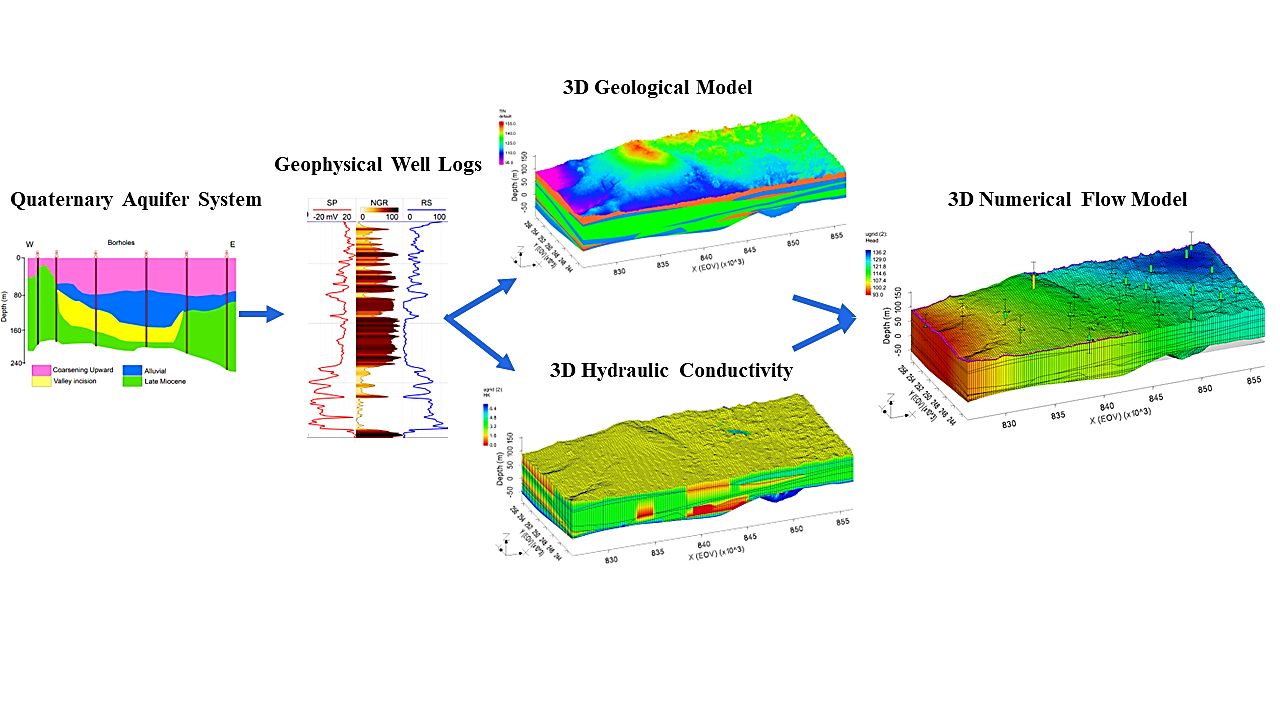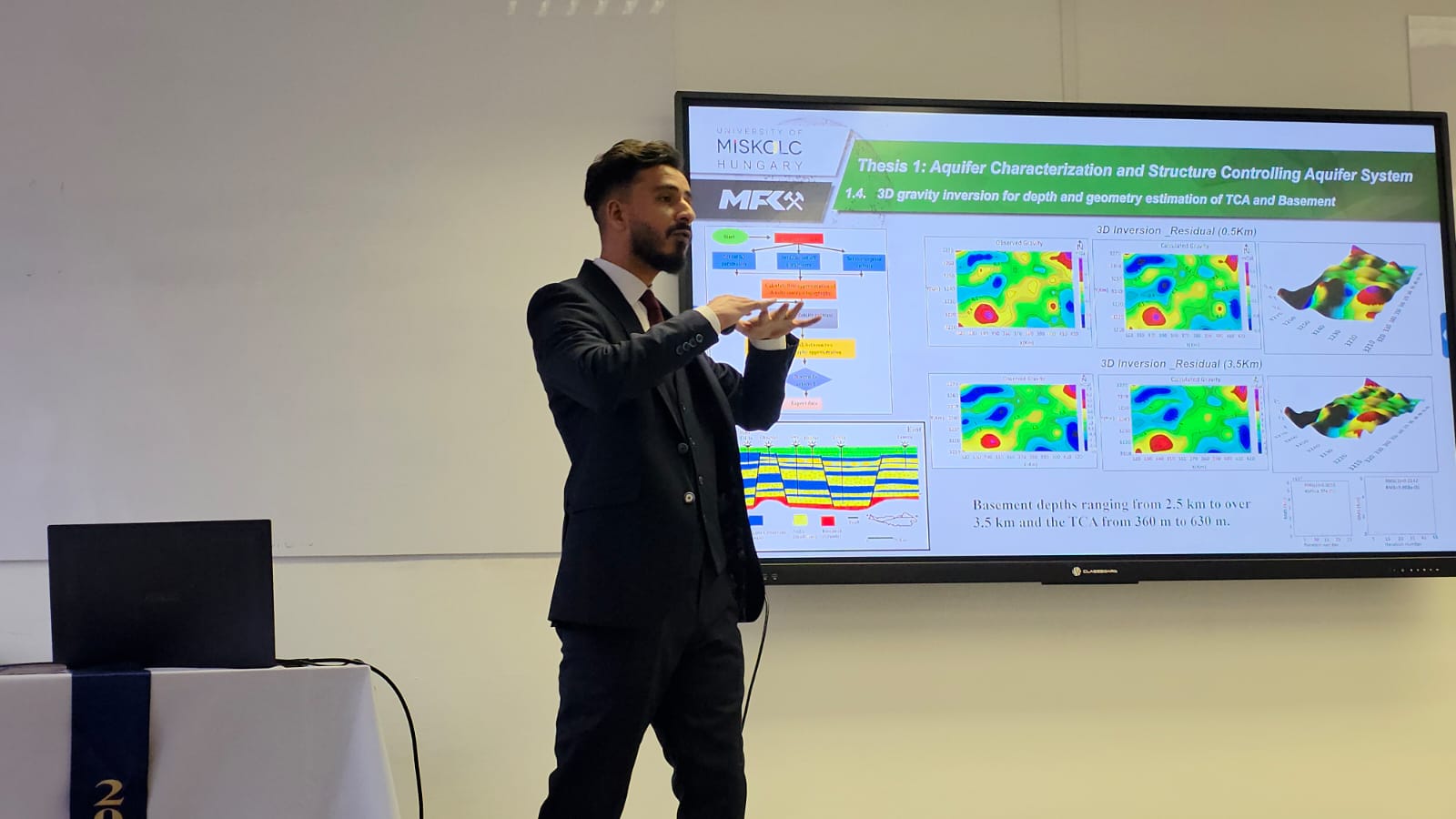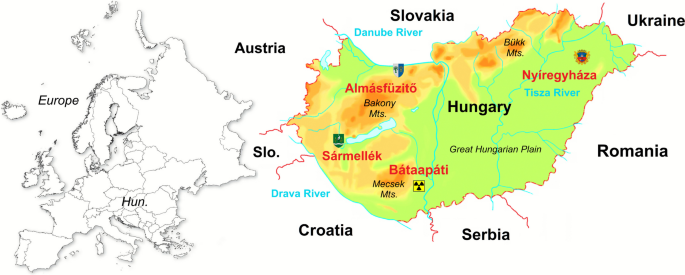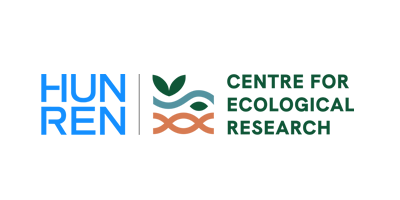
MTA FENNTARTHATÓ FEJLŐDÉS ÉS
TECHNOLÓGIÁK NEMZETI PROGRAM
After thorough preparation and independent evaluation of board, the Sustainable Technologies sub-programme of the Sustainable Development and Technologies National Program of the Hungarian Academy of Sciences (MTA) started operating on December 1, 2022.
In January 2020, Tamás Freund, the president of the Hungarian Academy ofSciences, initiated the launch of the Sustainable Development and Technologies National Program. Following successful negotiations with the Government, the opportunity to implement the program opened up in 2022 with a budget support of HUF 900 million per year provided to the MTA.
Academician László Bozó was entrusted by the President of the Hungarian Academy of Sciences with the professional development and management of the research program. The four-year research program will be implemented within the framework of a consortium.
The main organizational principle of the consortium was research excellence,
because only the best scientific workshops are capable of achieving outstanding results that significantly contribute to the acquisition of knowledge indispensable for the nation. Only institutions that meet at least one of the following conditions could be included in the consortium: MTA Excellent Research Site certification, successful participation in the Hungarian Water Science Programme of the MTA, or an active ELKH-University Research Group. Of course, the research and development planned in the FTA cannot be part of activities previously awarded and financed from other sources, but the recognized high-quality work of the research centers and the professionalism of the managers provide a guarantee that their R&D activity will be directed towards the goals set out in the FTA by the Subprogram expand using provided resources. In addition to what is listed above, the ability and ability of the individual scientific workshops to cooperate with each other played an important role in the selection: the Subprogramme will operate in a rather broad multidisciplinary field, from water sciences to agricultural sciences and the development of new generation environmental monitoring systems to energy, but these areas will only be covered by the it is possible to research by exploring and understanding existing mutual and multi-layered interdependencies.
Implementing consortium: Ecological Research Center (ÖK) (consortium leader), Budapest University of Technology and Economics (BME), Agricultural Research Center (ATK), Balaton Limnological Research Institute (BLKI), University of Miskolc (ME), National Meteorological Service (OMSZ), Pannon University (PE), University of Szeged (SZTE). Duration of operation of the FFTNP FTA: December 1, 2022 – November 30, 2026 (48 months). The total support (for four years) is HUF 3,626,835,882.

A novel hydrogeophysical framework for developing conceptual site models and simulating groundwater flow conditions in heterogeneous aquifer systems
As part of the Sustainable Development and Technologies Program, this study bridges the gap in groundwater management for data-scarce regions. By integrating the classic Csókás method with modern machine learning, we provide reliable flow models to support sustainable decision-making in complex geological environments.

Groundbreaking Research on Aquifer Characterization and Salinization in Siwa Oasis Published in Geoscience Frontiers
A new research article published in highly ranked D1 journal “Geoscience Frontiers” demonstrates how advanced machine learning and geophysical techniques can revolutionize our understanding of groundwater systems in arid environments.

Hyperparameter inversion of engineering geophysical sounding logs for improved characterization of unsaturated porous media
A hyperparameter estimation-based inversion approach for evaluating shallow unsaturated formations is presented. Natural gamma ray intensity, bulk density, neutron porosity, and electrical resistivity borehole logs measured by direct-push probes are jointly inverted for estimating clay and sand volume, air and water content. The inversion algorithm is enhanced through the preliminary application of factor analysis.

